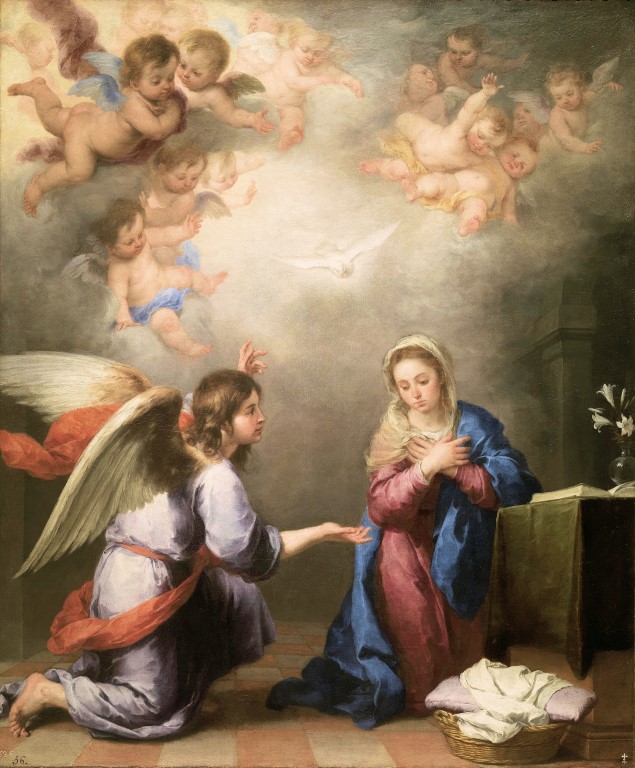Archbishop Lefevbre and hermeneutics
As a young student in Rome, coping with continental philosophy after the ruthlessly positivistic atmosphere of Oxford, talk of "heremeutics" used to bore me witless. In today's intellectual climate in the Church, however, the matter is of crucial importance. The interpretation of the texts of Vatican II is an essential question for the reform and renewal of the Church in continuity with its tradition. In the case of the canonical recognition of the Society of St Pius X, there is also the question of the interpretation of the writings of Archbishop Lefevbre.
An important article on the SSPX website looks at attempts to use speeches of Archbishop Lefevbre to oppose the current negotiations with the Holy See in which Bishop Fellay has been a prudent and reserved, but determined advocate. (See Interpreting the words of Archbishop Lefebvre. A few sensible rules. Part 1 of 2) Some sedevacantists have tried to use Archbishop Lefevbre's texts in order to oppose this negotiation. In the article, Fr Cellier says:
An important article on the SSPX website looks at attempts to use speeches of Archbishop Lefevbre to oppose the current negotiations with the Holy See in which Bishop Fellay has been a prudent and reserved, but determined advocate. (See Interpreting the words of Archbishop Lefebvre. A few sensible rules. Part 1 of 2) Some sedevacantists have tried to use Archbishop Lefevbre's texts in order to oppose this negotiation. In the article, Fr Cellier says:
In doing so they seek to prevent Bishop Fellay, the present Superior General of the Society of St. Pius X, from using his legitimate freedom of evaluation and of action, by creating an artificial and misleading opposition between the directives and choices of Bishop Fellay today and those which, according to their hypothetical reconstruction, Archbishop Lefebvre would have made if he had still been alive.Later, Fr. Celier points out
The authentic interpreters of Archbishop Lefebvre’s thought are certainly not the sedevacantists, since the founder of Econe constantly condemned their false positions as being ruinous to the Church, and he systematically removed and excluded defenders of those positions from the Society of St. Pius X.It is quite reasonable for Fr Cellier to observe that Archbishop Lefevbre, whilst being a scholarly man in his own right (with two doctorates) was primarily a man of action, rather than an armchair “intellectual” and that hence:
some events that moved him, like the gathering in Assisi in 1986, could momentarily make him use words that were harsher than usual.There is a battle currently going on within the SSPX over the possibility of canonical recognition and the acceptance of such recognition. Sadly, some of the divisions seem to be deeply rooted but we cannot at this stage guess with any accuracy how things will turn out. Once again, the plea of the superiors of the society for ardent prayer, especially to Our Blessed Lady, is not mere pietistic exhortation but a real call to seek in Our Blessed Mother the true path for the reform of the Church in continuity with her tradition, a path sought by the SSPX in fidelity to the concern of its founder, and by many of us who watch the current developments with hope.


